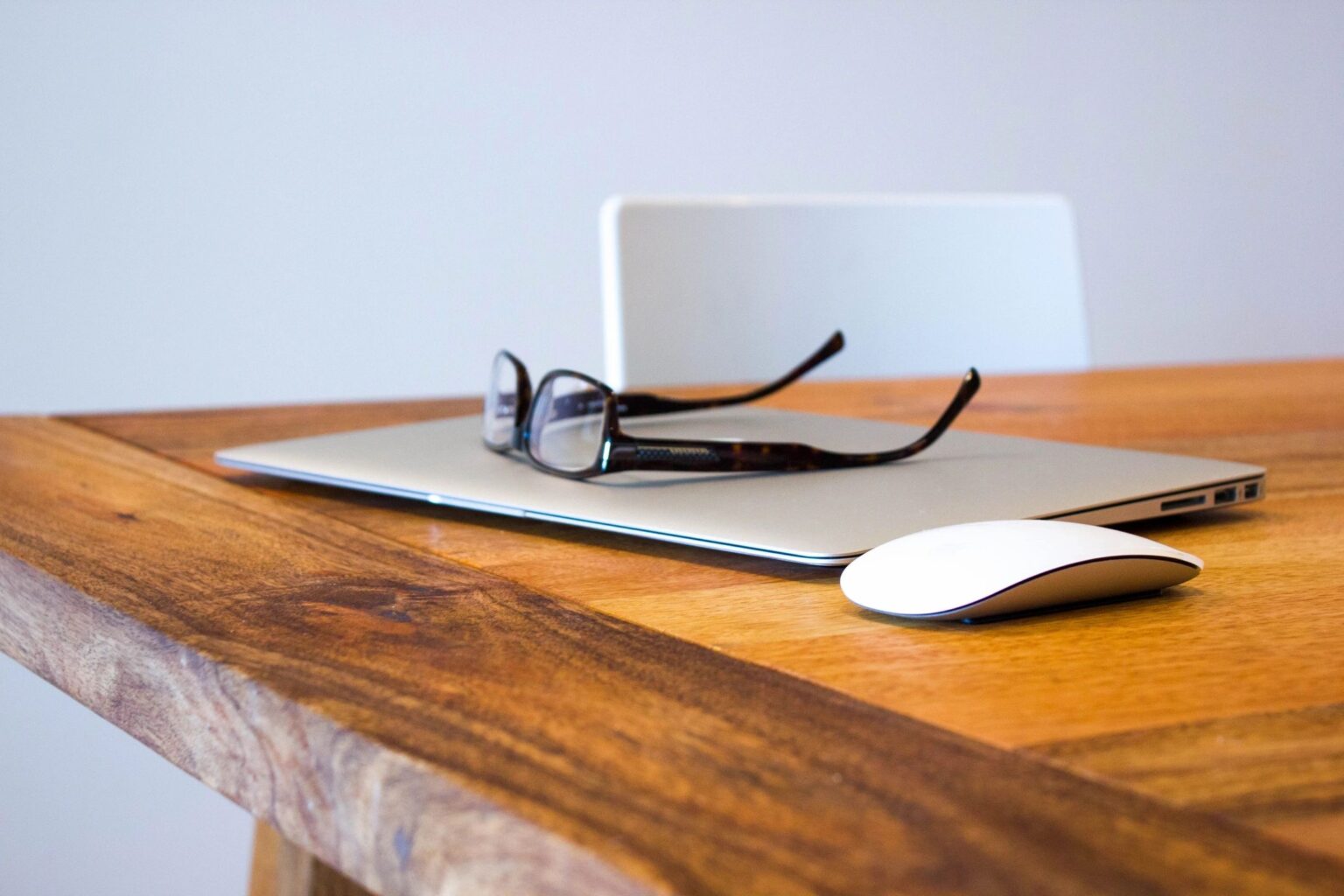
Decoding Blood Types: Unraveling the Mystery of Human Diversity
Blood types may seem like a complex puzzle, but let's unravel the mystery together. Have you ever wondered why people have different blood types? It turns out there's a fascinating story behind it, and it all boils down to a special code our blood carries. In this journey, we'll explore the simple reasons why humans have different blood types.
The A, B, AB, O Code: To understand blood types, we first need to look at the ABO system. Think of it like a secret code written in our blood. This code has four main types: A, B, AB, and O. So when we talk about blood types, we're talking about which letters are in this special code.
Inherited Treasure: Your blood type isn't something you choose; you inherit it from your parents. The genes from mom and dad come together to decide your blood type. If your parents have different blood types, there's a chance you might end up with a mix of theirs or even something entirely different.
Meet the A's and B's: Now, let's dive into the specifics. If your blood code has the letter A, your blood type is A. If it's got B, then your blood type is B. What if you have both A and B? Well, that's where AB comes into play. Lastly, if your code doesn't have A or B, you're in the O club.
Rh Factor: Positive or Negative: Apart from the ABO code, there's another detail called the Rh factor. This is like a positive or negative sign tagged onto your blood type. If you have it, you're Rh-positive. If not, you're Rh-negative. Combining the ABO code and the Rh factor gives us the full picture of our blood type.
Why the Mix-and-Match? Now, you might be wondering why we have this mix-and-match system. The answer lies in our body's defence squad – our immune system. Imagine your immune system as the superhero protecting your body. It has special agents called antibodies that patrol your bloodstream.
Compatibility Matters: When it comes to blood transfusions or organ transplants, compatibility is crucial. If you receive blood that doesn't match your code, your immune system might mistake it for an intruder and launch an attack. That's not good for your health. So, doctors pay close attention to matching blood types to keep everyone safe and healthy.
Why Do We Have Different Blood Types? Scientists believe that the diversity in blood types has something to do with our ancestors and their survival skills. Thousands of years ago, humans faced different diseases and challenges. Having various blood types might have been like having different tools in a toolkit, helping our ancestors adapt and survive.
Adapting to the Environment: In some regions, certain blood types are more common. This adaptability might be linked to the environment and the types of diseases prevalent in those areas. So, over generations, certain blood types became more common in specific regions, contributing to the diversity we see today.
A-B-O Dance of Genes: The ABO system is like a dance of genes. The genes we inherit from our parents decide our blood type, but they also interact with each other in interesting ways. It's like a genetic waltz where different combinations create the unique A, B, AB, or O blood types we have in our human family.
Rh Factor: Positive or Negative Twist: The Rh factor adds another twist to our genetic dance. Whether we have a positive or negative sign attached to our blood type is determined by the Rh gene. It's a small but significant detail that influences our overall blood compatibility.
So, there you have it – the simple tale of why humans have different blood types. Our ABO code, inherited from our parents, and the Rh factor add a touch of complexity to this unique feature of our biology. While our blood types may seem like a simple combination of letters, they carry a fascinating story of adaptation, survival, and the incredible dance of our genes through generations. Understanding this diversity not only enriches our knowledge but also highlights the remarkable ways our bodies have evolved to thrive in a dynamic world.